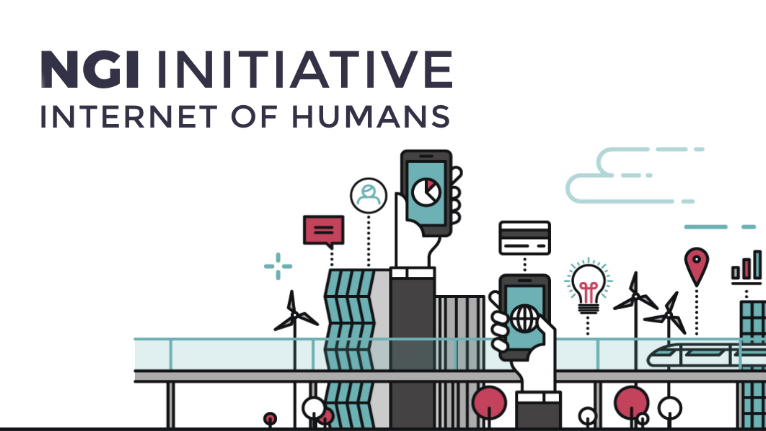just trying lemmy
- 1 Post
- 6 Comments
gitlab.com is a for profit service/company. They have an open-source community edition of Gitlab which you can run on your own server. Codeberg is a non-profit association running the open-source software “forgejo” for you. At Codeberg you can become a member and then you can vote for important decisions and make proposals. People also care about ethics there. Nobody cares about profit. Codeberg runs on donations from members. I think some people feel more respected at Codeberg because the governing body of Codeberg is a subset of its users. If Gitlab cares about you, then probably because a bad user experience would be bad for business.

 4·1 year ago
4·1 year agoYeah sorry, confused things. It’s comes closer to a Mastodon thing. The point is that a big corporation like Facebook does not need to use AGPL code as long as they can just re-implement it. Compared to the total codebase used at Facebook, re-implementing something like lemmy or mastodon does not sound like a big deal. (That’s not an argument against using the AGPL)

 164·1 year ago
164·1 year agoUnfortunately it’s still possible to rewrite a VC-backed clone and start making incompatible changes. Think about Facebook’s “threads.net”. They sure did not take Lemmy source code.

 371·1 year ago
371·1 year ago$25 million? That’s ridiculously cheap.
Spontaneous idea of how to use copyright law for keeping Meta out of the Fediverse (more for fun):
Introduction: Parts of the Fediverse, including Mastodon, are software licensed under the APGL license. This license is a great choice because it forces the ones running the software to grant users access to the source code. GPL for example would allow to run proprietary services based on GPL code. The AGPL does not. Companies like Meta and Google will likely not use AGPL code because it might force them to also publish their proprietary systems behind the scenes. However, this does not help much for keeping the Fediverse save. They simply implement their own software which will not be open source.
Therefore we may need another approach. Defederating is the simplest and in my opinion currently the best. It’s easy and keeps people in control.
However, there could be some ‘automatic’ approach using copyright law. It’s a hack which allows to use existing law to regulate the way instances can federate.:
- instances would Federate only if the other side can provide a certain piece of information called X
- X is protected by copyright law, therefore by default, instances are not allowed to provide X
- However, X is released under a license which for permits to copy and distribute X under certain conditions
- The conditions allow to tune who can legally federate
- Conditions could be
- The server software must be AGPL licensed
- The instance must not be owned by a company with a certain amount of annual revenue
Open question is, who owns the copyright of X?


Google loves open source likely for another reason than you do.
Google loves open source when they can capitalize on it.
That is, when a big community works on code that Google can use for free to build their monopolistic infrastructure. They love a global community which works for them for free. They might even foster this community as far as it serves their purpose or for image reasons.
However, if they’d truly love open-source, they could open the source code to their core services. But they’d never ever do that. For this reason they also ban the AGPL license internally (https://opensource.google/documentation/reference/using/agpl-policy). The AGPL license would force Google to open their code which relies on AGPL licensed projects. Google hates that.
Google does clearly not stand for the ethical values people usually have in mind when talking about open source. For example when something is competing with them, they’ll hate it. Like ad-blockers or browsers which don’t block ad-blockers like Google chrome does. The core business of Google is about surveillance and advertising. To maximize the profitability of this, then need to violate freedoms of their users (like the freedom to use their service while blocking ads). This is in direct conflict with the ethical values often implied by free and open-source software.
So if somebody tells you “Google loves open-source and contributes a lot”, think about what it really means.